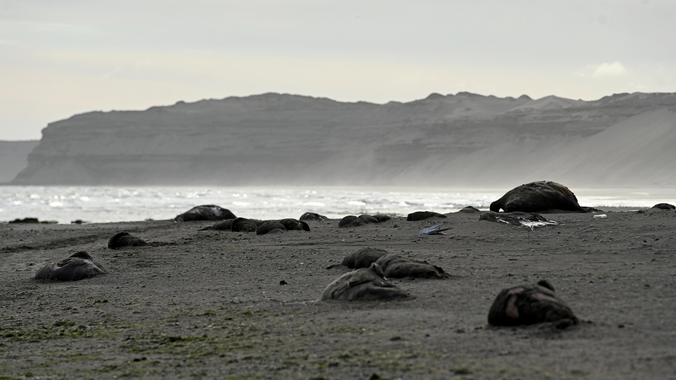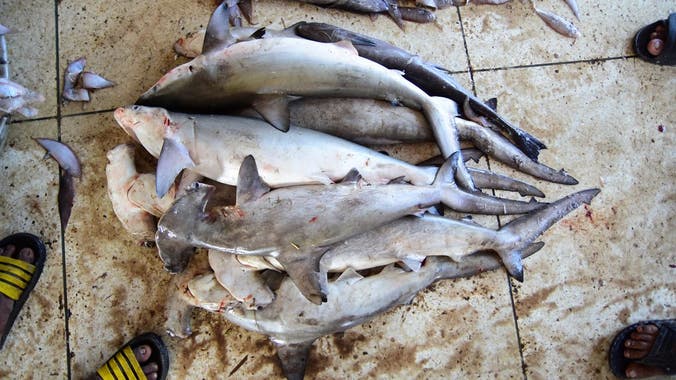Insect populations flourish in the restored habitats of solar energy facilities (phys.org)

This magazine is from a federated server and may be incomplete. Browse more on the original instance.






Lost species are those that have not been observed in the wild for over 10 years, despite searches to find them. Lost tetrapod species (four-limbed vertebrate animals including amphibians, birds, mammals and reptiles) are a global phenomenon—there are more than 800 of them, and they are broadly distributed worldwide....



An international research group led by Tel Aviv University and Ben-Gurion University of the Negev tried to answer the centuries-long question: why there are more animal and plant species in the tropics?...




Insects and spiders often receive little attention from people, except when we’re swatting them away. However, as arthropods—creatures distinguished by a hard exoskeleton and jointed legs— they play an essential role in sustaining the ecosystems humans rely on. Remarkably, arthropods make up approximately 84% of all known...


All organisms are made of living cells. While it is difficult to pinpoint exactly when the first cells came to exist, geologists’ best estimates suggest at least as early as 3.8 billion years ago. But how much life has inhabited this planet since the first cell on Earth? And how much life will ever exist on Earth?...

Just 2% of rainforest tree species account for 50% of the trees found in tropical forests across Africa, the Amazon and south-east Asia, a new study has found....

From an underground “forest” to spectacular orchids, scientists at the Royal Botanic Gardens, Kew, discovered 74 new plants and 15 fungi last year....

Agriculture is the foundation of human civilization and a prime example of our impact on Earth. Almost 40% of our planet’s ice-free land surface, most of which was previously forested, is now dedicated to agriculture. As our demand for food increases, so does agricultural deforestation, which is widely viewed as one of the...

Chrome link: …google.com/…/jifgeeihppamghkhgfmedepgigmhfkgd


When imagining corals, the picture that comes to mind is usually a stationary one: a garden of rock-like structures covering sections of the ocean floor. Reef conservation efforts typically focus on preserving established coral and protecting them from known stressors such as pollution, overfishing and runoff from coastline...


A paper published in Nature Communications Biology contributes to the growing appreciation for the outsize role that microbes play in everything from human digestion to crop yields: Microbes in the soil—fungi in this case—appear to be influencing forest diversity on a global scale....
